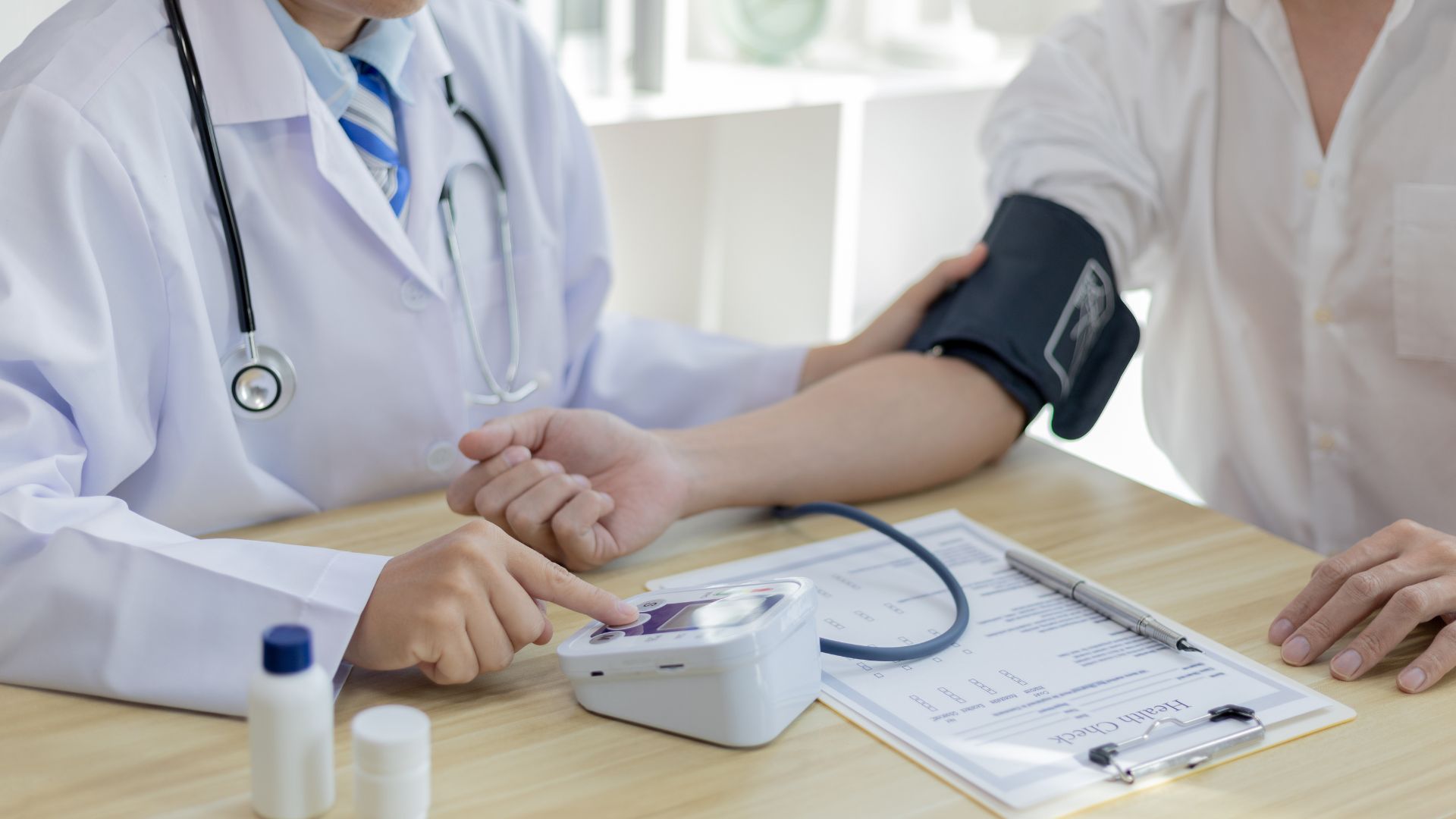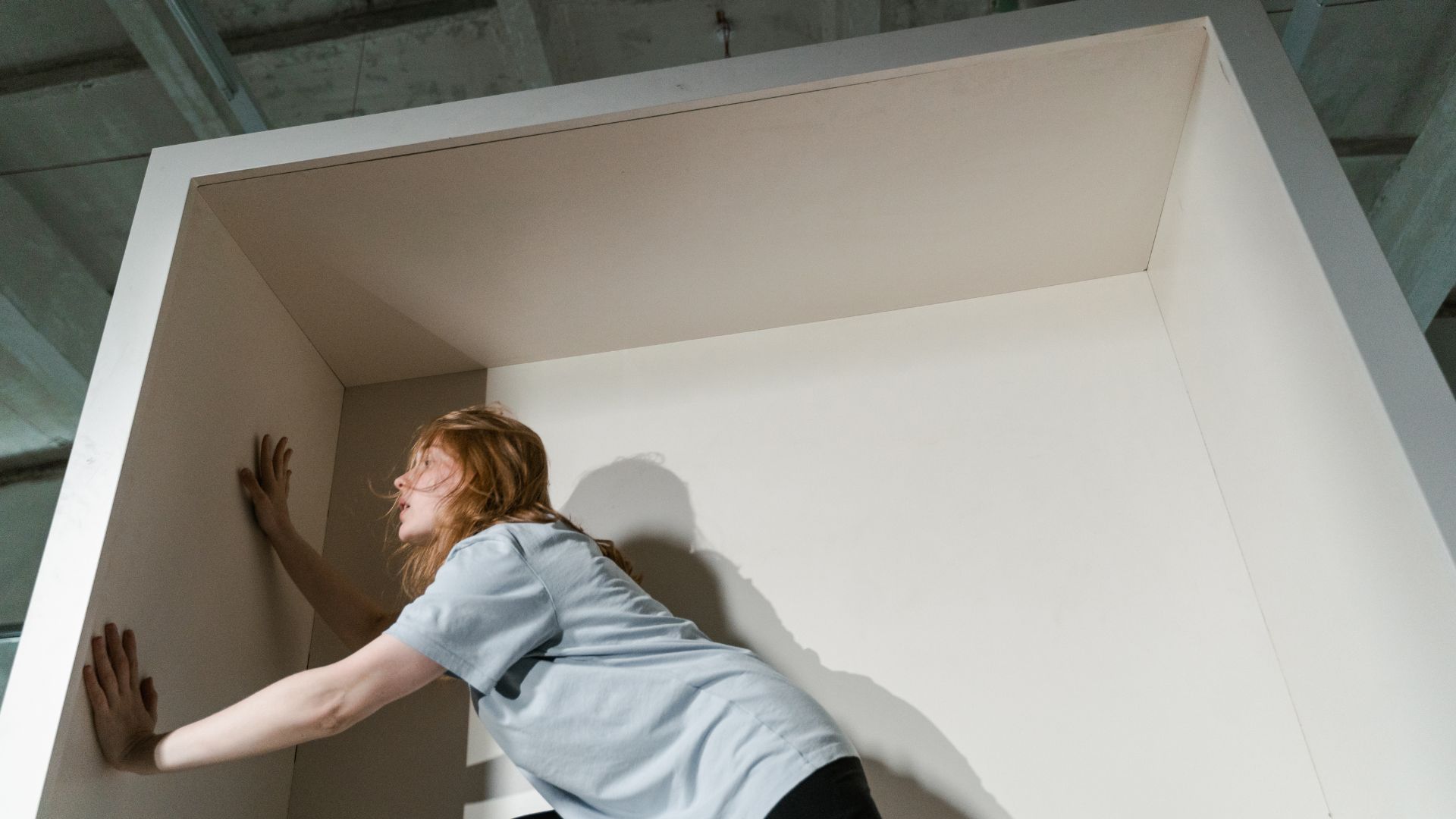Urology deals with the urinary tract of both sexes and related diseases such as urinary stones, malformations, tumors and urinary incontinence, and the male genital system (prostate and external genitalia). The section of urology called andrology focuses on male conditions such as infertility and erectile dysfunction.
When should I consult a urologist?
Consultation is necessary in case of burning, constipation or discomfort when urinating. In men, it is used mainly for prostate problems (recurring nocturnal urges), and in women for urine leakage and vaginal dryness during menopause.
General urology deals with the most common urological diseases. The main reasons for consultations are
- The presence of blood in the urine or, less frequently, in the semen
- Difficulty excreting or holding urine, which can lead to waking up at night to urinate
- Infections of the urinary tract
- Pain or discomfort in the testicles
- Injuries and contusions of the urinary or reproductive system
- Request for circumcision, vasectomy, or frenuloplasty
- Kidney stones
Blood in the urine is called hematuria. Hematuria can come from several places (kidneys, ureters, bladder, prostate, urethra). The staining ability of the blood is very strong, so the blood loss is often minimal, but the effect is impressive.
If hematuria is accompanied by pain, the most common causes are urinary tract infection, trauma, lithiasis or prostatitis. In the absence of pain, common diagnoses are kidney disease, cancer, taking medications that prevent blood clotting, prostatic hyperplasia (enlargement), or urethral stenosis (narrowing).
If there is blood in the urine, the urologist will test the urine, take pictures of the urinary tract to visualize the kidneys and ureters and, if necessary, examine the urethra and bladder with a mini camera inserted through the natural opening. This procedure is called a cystoscopy.
If there is a large amount of blood, the first step is to place a special catheter in the bladder to permanently flush the bladder to prevent blood clots.
Treatment depends on the source of the bleeding and may include antibiotics or other drugs, a bladder catheter, surgery, or radiotherapy.
The isolated presence of blood in the semen is called hematospermia. Usually benign, it is most often caused by prostate disease or infection. It is often seen after a prostate biopsy and can last for several months.
Difficulty passing or retaining urine (prostatitis)
Prostatitis includes a number of symptoms related to bladder filling problems (difficulty holding urine, frequent urge to urinate in small amounts, pain when filling the bladder) and/or emptying (weakened urine flow, repeated urine excretion in intermittent streams, pain when urinating, feeling of incomplete bladder emptying). As a result, many people have to get up at night to urinate.
When these symptoms begin to bother you, it is recommended that you first discuss them with your general practitioner and then see a urologist. The urologist will find out the cause of the symptoms. They may be related to the prostate, urethra, bladder, or the function of the pelvic floor muscles or the nervous system in the pelvis or sacrum. Often these symptoms are associated with an enlarged prostate gland, also known as benign prostatic hyperplasia. Beginning at age 50, many men suffer from urinary dysfunction.
Medication or surgery is prescribed by a doctor based on diagnosis.
Sometimes it is necessary to try several methods of treatment. If this does not help or complications arise, surgery is considered. Standard methods include resection of the prostate or adenomectomy (a procedure to remove the central part of the prostate). Laser or TUNA (a method of irradiation to increase heat in the prostate gland) may also be used to reduce the size of the prostate gland.
Infections of the urinary tract
Pyelonephritis, pyeloureteritis
An infectious cystitis can develop into pyelonephritis or pyeloureteritis if certain factors are present or if there is no adequate treatment. In this case, infection of the upper urinary tract occurs. Symptoms are usually flank or lumbar pain, chills and the presence or absence of burning, and frequent urination with infected urine. Treatment consists of taking antibiotics, with or without urinary drainage. Hospitalization is indicated if there is a fever and urine drainage is necessary.
Cystitis
Cystitis is an inflammation of the bladder with many causes. The most common is infectious, with the E.coli bacterium alone being responsible for more than 80% of cases. For anatomical reasons, cystitis mainly affects women.
The main symptoms of cystitis are abnormally frequent urge to urinate, a burning sensation when urinating, possibly cloudy urine color. In some cases, cystitis may cause fever and persistent pain in the lower abdomen.
Urinalysis can identify the bacteria and start antibiotic therapy. Recurrent cystitis requires strict personal hygiene and further examination to prevent recurrence.
Prostatitis
Prostatitis is an inflammation of the prostate gland caused in the vast majority of cases by an infection, usually contracted during sexual intercourse. It is characterized by burning when urinating, difficulty passing urine and, in acute cases, fever. Long-term antibiotic therapy is indicated. Prostatitis can be chronic and last for several months.
After prescribing anti-inflammatory treatment or antibiotic treatment, the urologist will look for causes to prevent a relapse.
Urethritis
Urethritis is an acute or chronic inflammation of the urethra accompanied by varying degrees of pain. It usually causes a yellowish or clear discharge from the penis, in addition to urination. It is accompanied by burning when urinating and pain in the penis when urinating. The most common cause of this condition is a virus or bacteria. Treatment is usually with antibiotics.
Testicular pain/discomfort
Epididymitis is an infection of the testicular appendage, an anatomical structure next to the testicle. It is a common cause of pain in the scrotum (bursal area), usually accompanied by redness, fever, and testicular enlargement. If the infection also affects the testicle, this is called orchiepidididymitis. Treatment for this condition consists of rest, applying ice and taking antibiotics. Other causes of scrotal pain are enlargement of the bursa due to the presence of a malignant tumor (testicular tumor) or the presence of fluid around the testicle (hydrocele, spermatoceles) and dilation of testicular veins (varicocele).
Urological trauma
Trauma is damage or injury to a living organ or tissue caused by an external factor. Urologic injuries include any damage to the kidneys, ureters, bladder, urethra or penis, testicles, or prostate. Urologic injuries are rare. However, the kidney is most commonly affected.
The most common cases are.
– Fracture of the kidney
In a car accident, the kidney may receive a hard blow that tears it into two or more pieces. In most cases, observation in the hospital is enough, as the kidney can heal on its own. Sometimes the injury is so severe that the kidney has to be removed urgently.
– Ureteral trauma
The ureter may be injured in some complicated uterine or bowel surgeries or in the treatment of urinary stones. Placing a small tube between the kidney and bladder for a few weeks is enough to heal the injury. Sometimes more extensive surgery is needed.
– Testicular hematoma.
If you have been kicked in the testicle, such as during a judo match, you should see a doctor if the pain doesn’t go away after a few minutes. A clinical examination and ultrasound can determine whether the patient is suffering from a hematoma or, more seriously, a testicular rupture. In the latter case, urgent surgical intervention is required.
– Penile fracture
During intercourse, violent flexion of the erect penis can cause a fracture and rupture. The penis then turns blue and loses its erection. The pain often causes the patient to seek medical attention. If the diagnosis of a penile fracture is confirmed, surgical intervention is necessary.
All programs of our medical center – Home.








